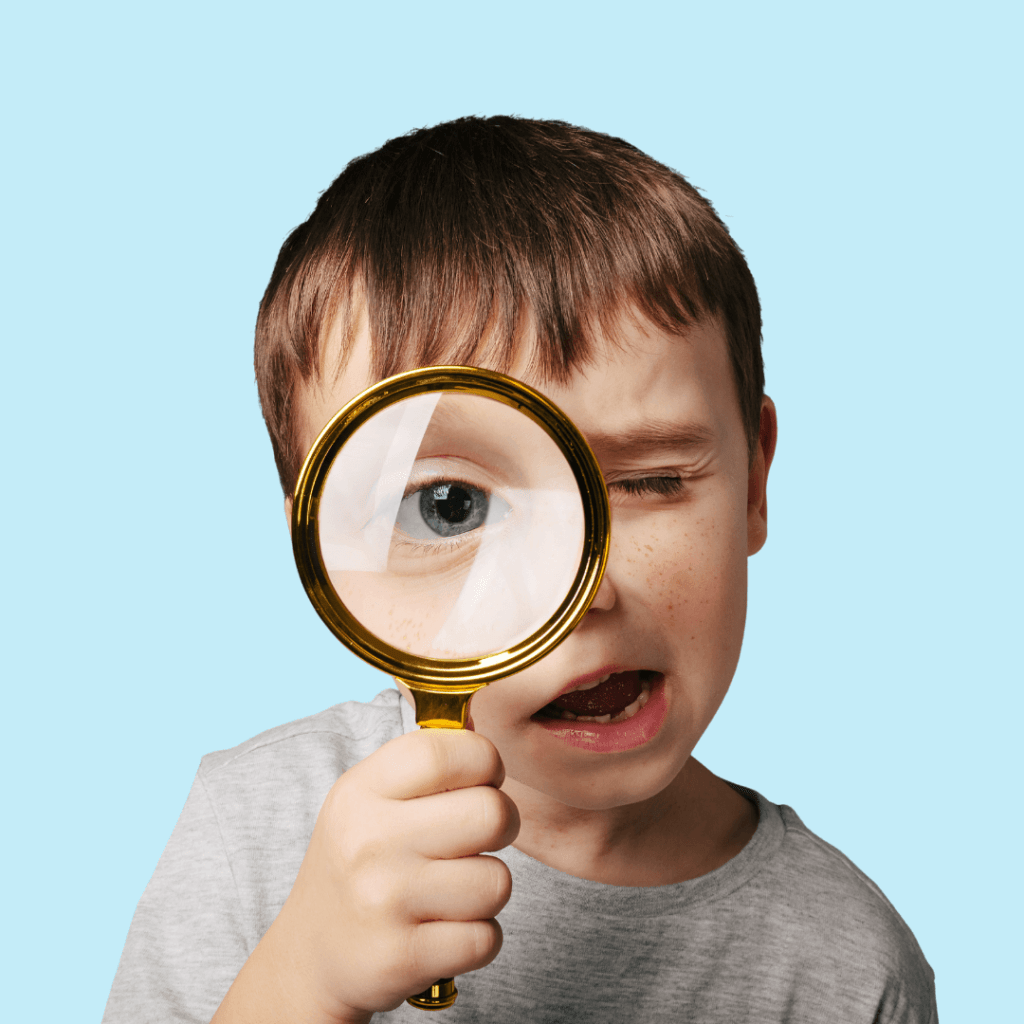Why developing your child’s eye-hand coordination is important?
Eye-hand coordination is the skill that enables the eyes to guide the hands during a precise movement. It is known as a motor skill and considered like an essential ability for school success, since it helps the child in many different areas.
Firstly, during sports activities, eye-hand coordination can help the child catch a balloon, hit a ball with a bat, and throw a beanbag onto a mat. It is a basic aspect of physical development.
Secondly, young children use this skill to stack towers, thread beads, complete a lacing card, and tie shoelaces. It is an important step, later on, for the development of their fine motor skills.
Thirdly, during learning skills, such as reading and writing. Eye-hand coordination will lead to visual-motor integration, a strong base for handwriting. The eyes guide the hand in forming the letters and writing within the lines.
Eye-hand coordination is developed at different ages due to many factors such as exposure to other children, playtimes, and sensory-motor activities.
At five months, babies start grasping for objects and moving things from one hand to another. At one year old, they can display a pincer grasp and pick up small objects. At two years, they start picking up and stacking five building blocks; they hold a writing tool and a spoon to eat. They can turn pages in a book at three years and draw circles. At four-five years old, kids can throw and catch a bean bag, roll a ball at a certain distance, and control eating tools. From five to eight years old, they can write and color, manipulate objects easily with one hand, post coins, thread beads and throw a beanbag onto a mat. From nine to twelve years old, eye-hand coordination abilities are more developed, such as throwing and catching with one hand, throwing at a wall target, and practicing sports like tennis and basketball.
Eye-hand coordination is a crucial perceptual-motor skill that psychomotor therapists develop during their work sessions, through different objectives and tools.

Mrs. Tania Hachem
Psychomotor Therapist



